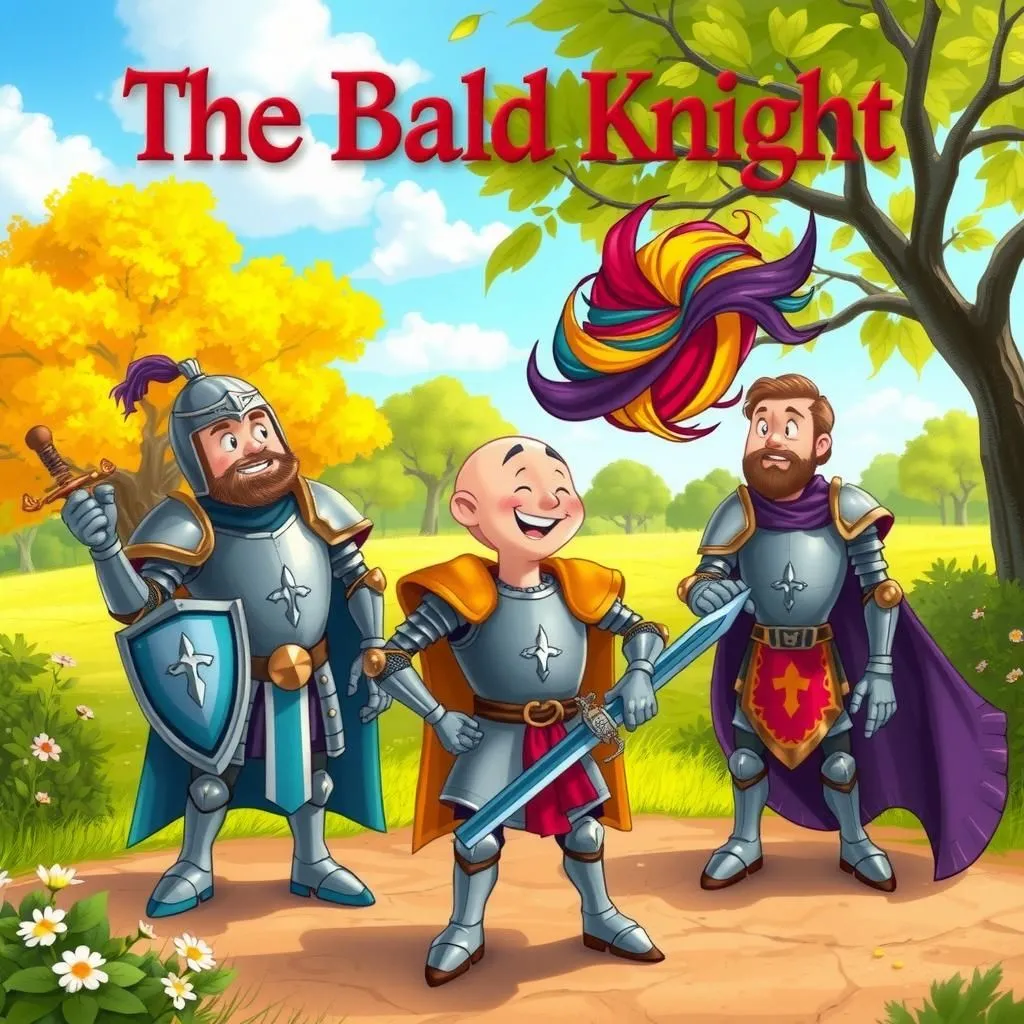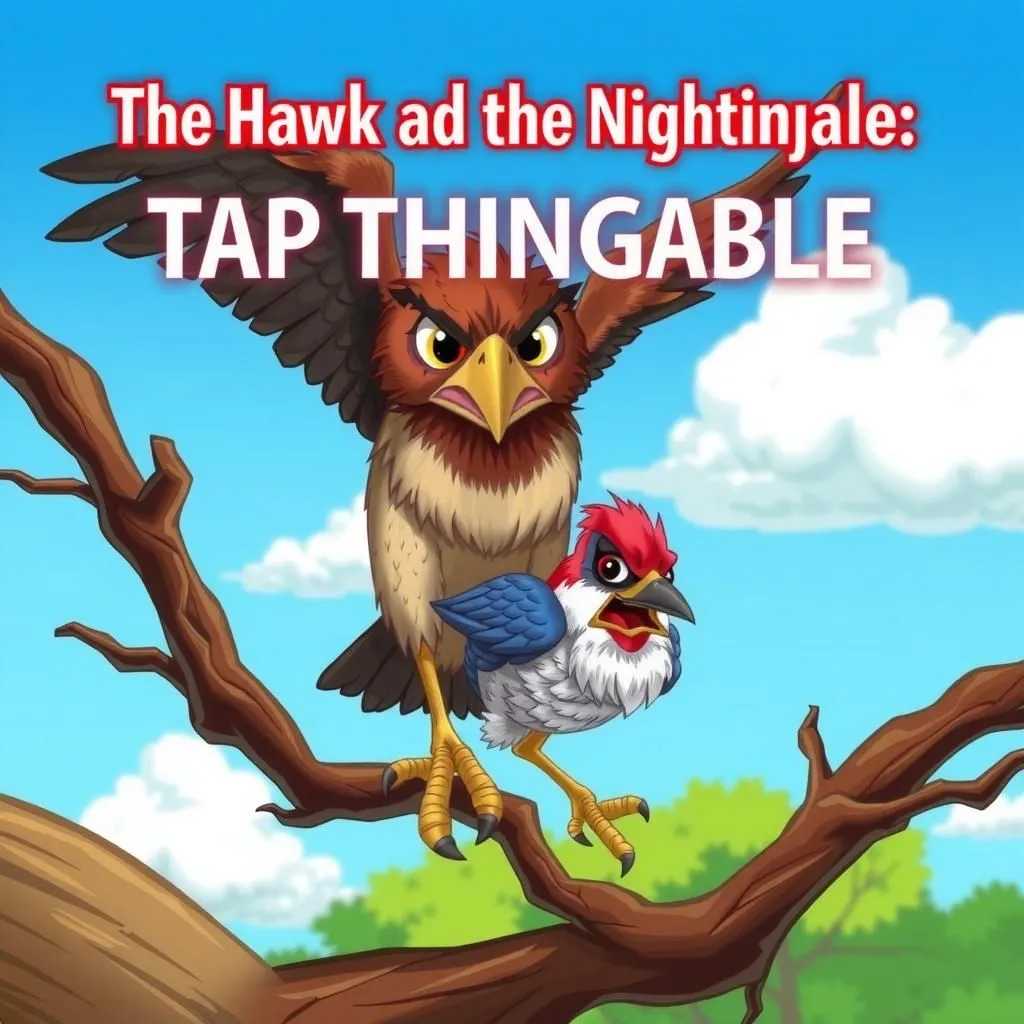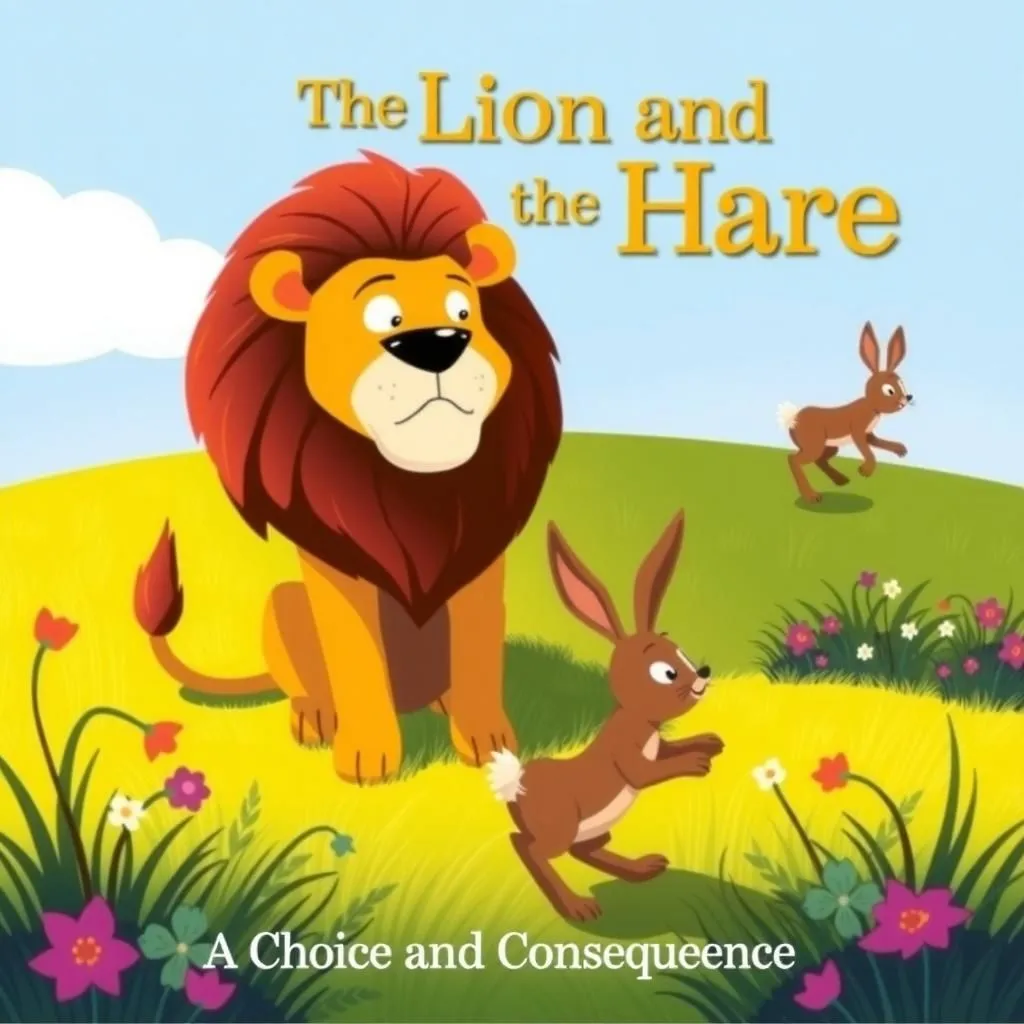
The Bald Knight
In "The Bald Knight," a knight who wears a wig while hunting experiences a humorous mishap when a sudden gust of wind blows off his hat and wig, eliciting laughter from his companions. Embracing the moment, he cleverly remarks on the absurdity of his lost hair, illustrating the moral that pride often leads to embarrassment. This thought-provoking tale serves as a valuable lesson learned from stories, making it one of the best moral stories for class 7 and an engaging bedtime read.


